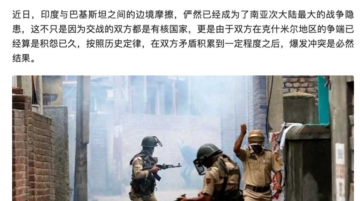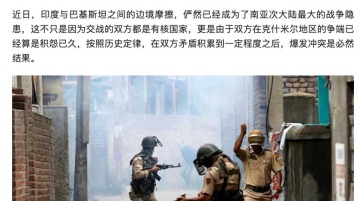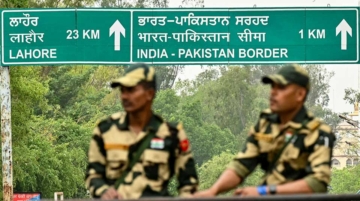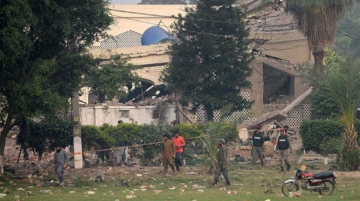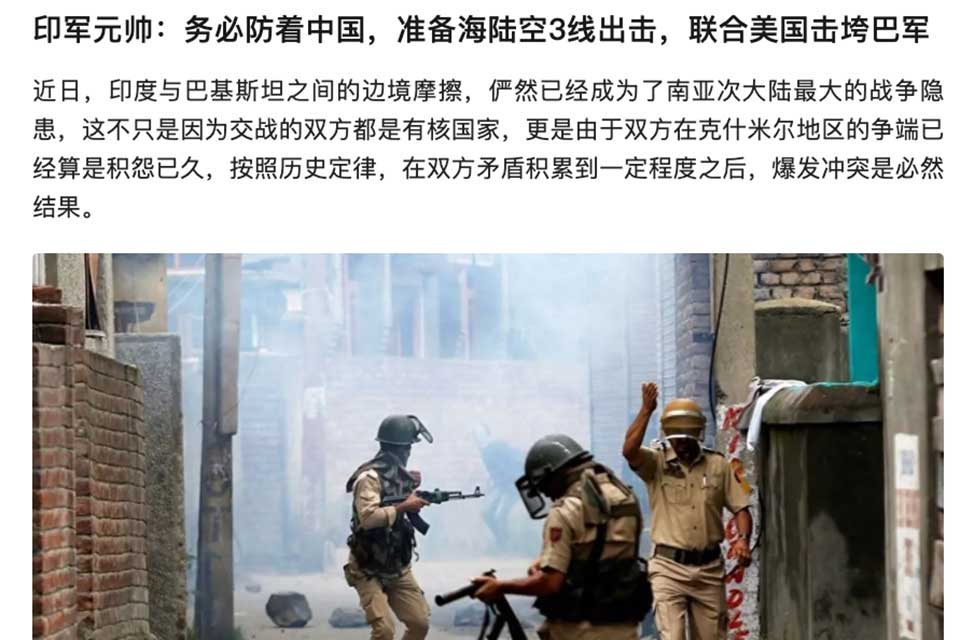
As India-Pakistan tensions rise, Chinese social media leans pro-Pakistan—but not pro-war. On the contrary, many influential voices call for restraint, arguing that India’s aggressive stance stems more from domestic politics than genuine military intent.
Two viral articles—each with over 10,000 views—offer insights into the roots of the conflict. One, by Liu Zongyi, director at the Center for South Asia Studies at the Shanghai Institutes for International Studies, argues that Modi’s government is using a tough anti-terrorism posture to placate public anger, distract from policy failures in Kashmir—which have exacerbated ethnic tensions—divert criticism from political rivals, and damage Pakistan’s reputation on the international stage.
China needs to work with other countries to actively promote the United Nations, the Shanghai Cooperation Organization, and the World Bank to intervene and conduct an open and fair third-party investigation into the Pahalgam incident.
liu zongyi, directoR of the center for South asia studies
Liu also suggests that India’s threat to cut off Pakistan’s water is a strategic move to rewrite the Indus Waters Treaty or gain unilateral control over river flows. While India may consider another limited “surgical strike” like those in 2016 and 2019, Liu notes that with 70% of Pakistan’s military gear now Chinese-made, India no longer enjoys a clear advantage.
Modi’s bigger priority, he argues, is seizing the opportunity presented by Trump’s U.S.-China trade war to advance India’s development, not to escalate conflict with Pakistan.
The second article, from a military blogger, echoes this view. It attributes the current crisis to India’s economic slowdown. With rising domestic pressure, Modi is seen as manufacturing an external confrontation to stir nationalism and rally public support—a media-driven performance more than a real push for war.
Both articles stress that Pakistan’s government is not seeking conflict. Instead, it is portrayed as reacting defensively, trying to safeguard its water rights while avoiding a war it cannot afford. And crucially, both writers agree: China, too, has no interest in seeing the region descend into war, as stability remains a key strategic priority.



